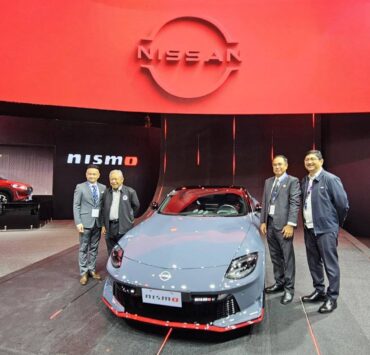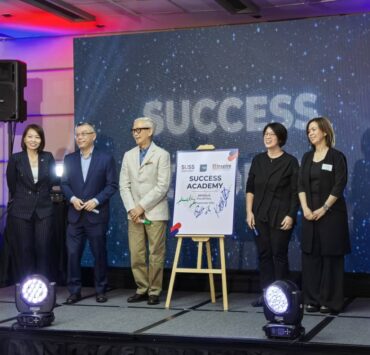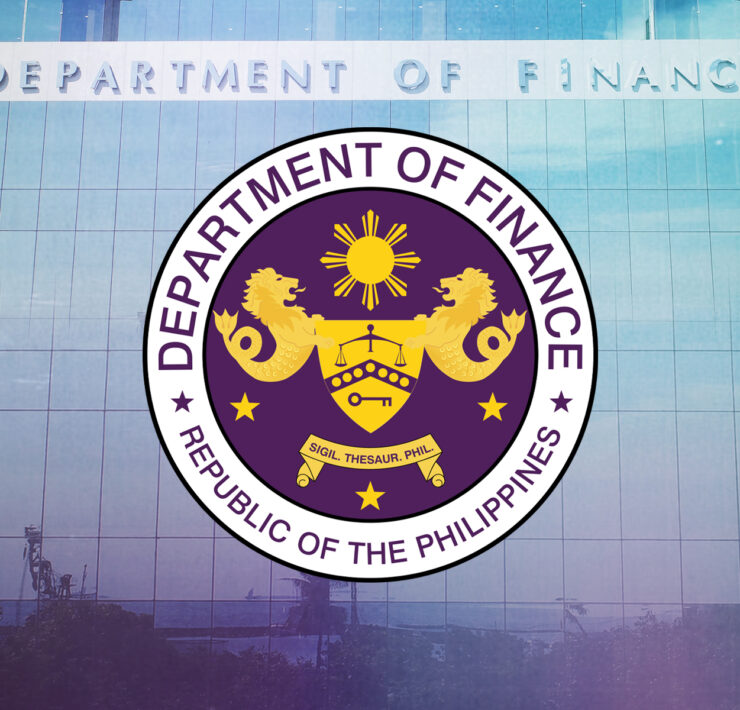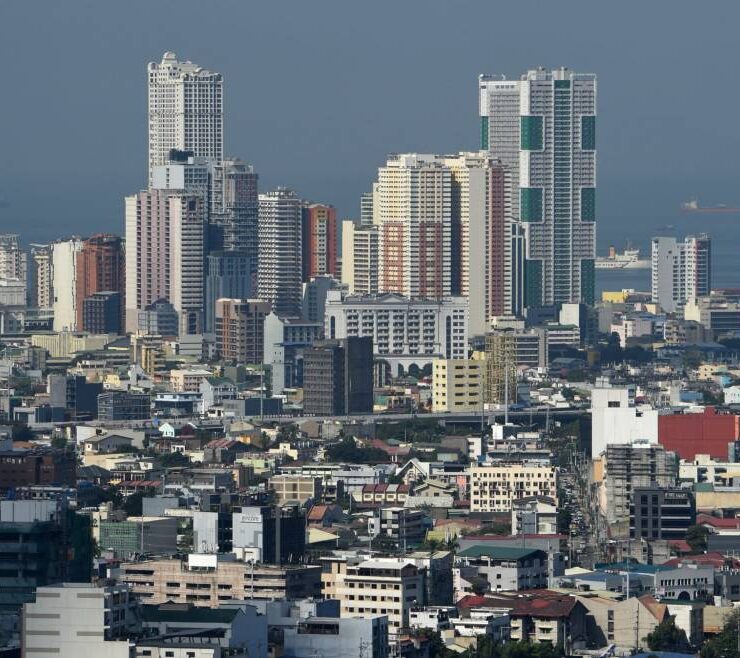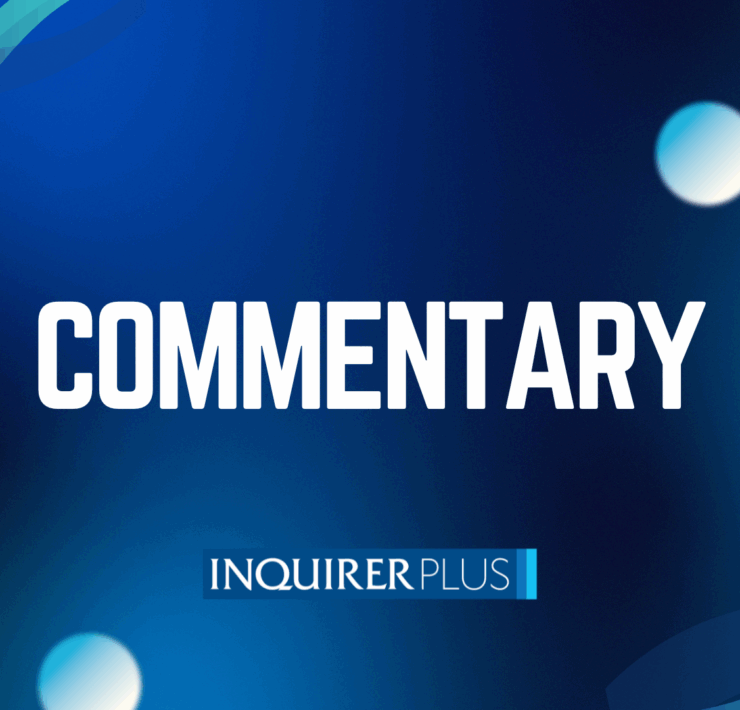Goal setting in 2025? It pays to be kind than just ‘SMART’
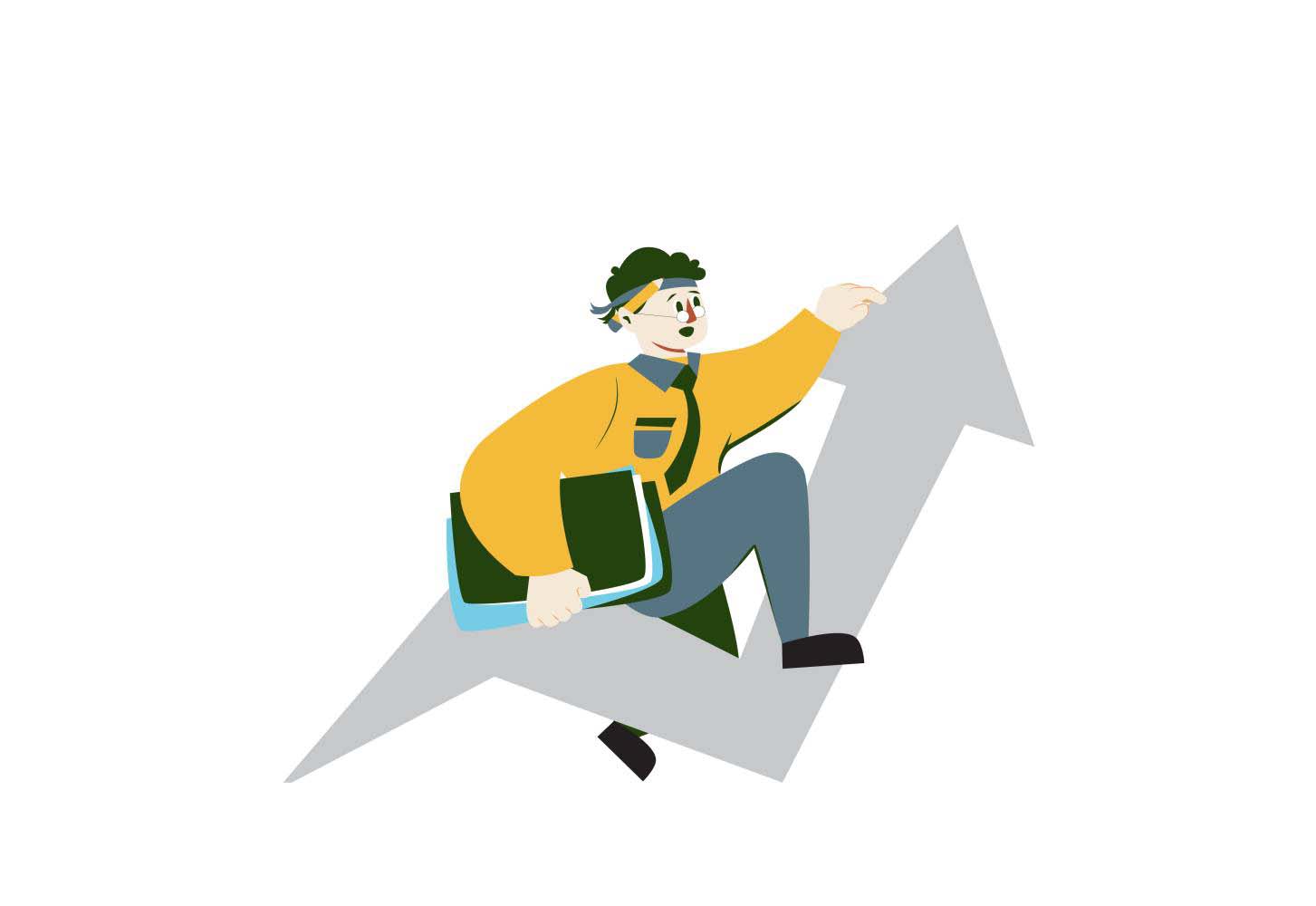
Let’s be honest. SMART goals—those specific, measurable, achievable, relevant, time-based targets that every financial advisor swears by—aren’t working for most of us. For 2025, I’m suggesting something radical: let’s junk that formula and explore a kinder, more sustainable path to becoming better.
If you’ve ever made New Year’s Resolutions, you know how this goes. Most lists end up forgotten, including mine, which rarely survive beyond January. In fact, I’ve noticed that resolutions follow the same five stages as grief.
First comes denial—that blissful first week of January when you genuinely believe this time is different, and your 5 a.m. workout routine is completely sustainable. Then arrives anger, usually mid-January, when you realize exactly how long a year is and start resenting whoever invented one-minute planks. The bargaining phase sneaks in by February—“Maybe three days a week is more realistic” or “I’ll start again on Monday.” Depression settles in as January drags on, along with the realization that your resolution notebook is gathering dust. Finally, acceptance arrives: you make peace with the fact that transformation doesn’t require a calendar date, and perhaps small, sustainable changes were the way to go all along.
Why traditional goals fail
As someone who studies human behavior, I’ve interviewed countless people about their relationship with goals—both the resolution-haters and the goal-setting enthusiasts. Recently, at a Vision Board workshop by Belle de Jour Power Planner maker Darlyn Ty-Nilo, I discovered why our traditional approach often fails.
“We need to figure out first what kind of human we want to be,” Ty-Nilo explains. “Then all of those specific goals, like having P1 million in the bank account, become easier. If we don’t ground everything from that bigger picture of what we want to be, we will get tired, stressed and depressed.”
Finding your true north
Her words hit home. What kind of person do I want to be by December 2025? Tough question. A few hours later (read in Spongebob’s voice), I crafted my vision: “I want to be transformational, by being effective but empathetic, by putting in the work but also giving space for myself and everyone around me to make mistakes, and to help make the world a little better for people who need a kinder world the most.”
This vision feels different from typical New Year’s resolutions. When I asked my AI assistant to analyze the most common resolutions, the usual suspects emerged: exercise more (40 to 50 percent of people), eat healthier (35 to 40 percent), save money (30 to 35 percent), lose weight (30 to 35 percent) and quit bad habits (25 percent). These cluster around health, wealth and relationships—all worthy goals, but often too rigid to sustain.
A new approach that actually works
Ty-Nilo suggests three practical steps to make 2025 truly transformational:
1. The 90-day focus: Choose one consistent action aligned with your vision. If becoming financially independent is your goal, you may start with saving a certain amount, say P1,000, weekly. Ninety days is the sweet spot—long enough to build habits, short enough to stay motivated. After each cycle, assess and adjust. Then choose another task for the next 90 days.
2. Two-minute morning reset: Journal briefly each morning to clear mental clutter. “It’s like washing dishes before cooking,” Ty-Nilo says. “You need that unfiltered, unedited space. Then you can focus on what is really important.”
3. Permission to fail: This one made me laugh. Ty-Nilo, admittedly terrible at dancing, took dance classes not to excel, but to experience being bad at something. “You can’t miss work targets because people depend on you, but you need space to be bad at something.” This resonated deeply with my perfectionist soul.
Making it work in today’s economy
This vision-based approach becomes particularly powerful in our current economic climate. When markets swing wildly and business remains challenging, rigid goals like “save P100,000 by June” can paralyze, rather than motivate. But when your focus is on becoming financially resilient, you stay flexible enough to spot opportunities even when plans need adjusting.
I see this daily in the business scene. Entrepreneurs who cling to strict numerical targets often miss chances to pivot and grow. Meanwhile, those focused on a larger vision—becoming a trusted community partner or an innovative problem-solver—tend to thrive despite uncertainty.
The real power of this approach isn’t just in its flexibility—it’s in its sustainability. When you’re grounded in who you want to become rather than just what you want to achieve, even economic challenges become opportunities for creative solutions rather than roadblocks.
Ready to reimagine your 2025? Start with who you want to become. The rest, as Ty-Nilo promises, will follow more naturally than you expect.
Salve Duplito is a registered financial planner, a print and broadcast journalist, financial educator, and president and CEO of Empower and Transform, OPC. Email sduplito@empowerandtransform.ph.














